Gearing up for the Coastline Endurance Finlayson Arm?
Are you an endurance athlete gearing up for the Coastline Endurance Finlayson Arm? If so, you know that what you eat is just as crucial as your training regime. This comprehensive guide is packed with expert nutrition strategies designed to power your performance and ensure you're at your best on race day
Finlayson Arm 28/50k from Matt Cecill Visuals on Vimeo.
Understanding the Basics
Endurance sports challenge your body like nothing else. They demand consistent energy, endurance, and recovery support. This makes understanding the basics of nutrition essential. Carbohydrates, proteins, and fats play distinct roles in an athlete's diet, providing the energy necessary to withstand long periods of physical exertion.
Hydration Strategies
Hydration is about more than just drinking water. It's about maintaining electrolyte balance, which is crucial for avoiding cramps and fatigue. The key is to start hydrating days before the event, ensuring your body is well-prepared for the exertion to come.
Pre-Event Nutrition
The meals you eat in the days leading up to the race can make or break your performance. Carbohydrate loading, for instance, is a popular strategy among endurance athletes. It involves increasing carbohydrate intake in the days before an event to maximize energy storage in muscles.
Nutrition During the Event
During the event, your primary goal is to maintain energy levels. Energy gels, bars, and even certain fruits can be excellent sources of quick, digestible energy. Remember, the goal is to consume easy-to-digest foods that won’t weigh you down.
Find out how to Calculate Water Intake
Proper hydration is a cornerstone of endurance sports, making the calculation of water intake crucial for peak performance. Understanding your body's hydration needs can prevent both dehydration and overhydration, both of which can significantly impact health and performance. Factors like weather conditions, sweat rate, and race duration play a critical role in determining how much water you should consume. To learn more about accurately calculating your hydration needs and to find personalized hydration strategies tailored to your specific requirements, click here for calculator.
Post-Event Recovery Nutrition
After crossing the finish line, your focus should shift to recovery. Foods rich in protein and antioxidants can aid in muscle repair and replenish depleted energy stores. A balanced meal with carbohydrates and proteins is ideal for post-race recovery.
Supplement Use
While food should always be your primary source of nutrients, supplements like BCAAs or Omega-3s can offer additional support. However, it's essential to choose supplements wisely and preferably under the guidance of a nutrition expert.
Personalized Nutrition
Finally, remember that there’s no one-size-fits-all approach to nutrition. What works for one athlete might not work for another. Listen to your body and, if possible, work with a nutritionist to tailor a plan that meets your specific needs.
Adhering to Coastline Endurance Race Policies
When preparing for a Coastline Endurance event, it's just as crucial to familiarize yourself with the race policies as it is to train your body and mind. These policies are designed not only to ensure a fair and competitive environment but also to prioritize the safety and well-being of all participants.
Understanding the Rules:
Begin by thoroughly reviewing the official race guidelines provided by the Coastline Endurance organizers. This includes rules about the race start, course navigation, aid stations, and finish line procedures.
Nutrition and Aid Stations:
Pay special attention to the guidelines regarding nutrition and support. Some races have specific rules about what you can carry with you and what kind of assistance you can receive from race volunteers or personal support crews.
Environmental Responsibility:
Coastline Endurance events often emphasize environmental stewardship. This could mean strict policies about littering, adherence to marked trails to protect the local ecosystem, and the use of eco-friendly products wherever possible.
Safety Measures:
Safety is paramount. The policies might cover mandatory gear, like hydration packs, headlamps for early morning or late evening sections, and emergency whistles. Ensure you're well-prepared to comply with these requirements.
Respect for Fellow Athletes:
The spirit of endurance racing is grounded in community and mutual respect. Be aware of race etiquette, such as right of way on narrow trails and respectful encouragement of fellow racers.
Penalties and Disqualifications:
Be aware of actions that could result in penalties or disqualification, such as taking shortcuts, not checking in at required points, or not adhering to aid station rules.
By familiarizing yourself with and adhering to these policies, you ensure not just a successful race experience for yourself but also contribute to a positive and safe environment for all participants and organizers. Remember, these rules are in place to ensure the integrity of the event and the sport, and respecting them is part of being a responsible and ethical athlete.
Final Note
Nutrition is a critical piece of the endurance puzzle. By following these guidelines and following the rules you can ensure your body has what it needs to perform at its peak. Remember, good nutrition is a key component of any successful endurance strategy, so start planning your diet today and see the difference it makes in your performance!
Always seek the advice of your physician or other qualified health provider
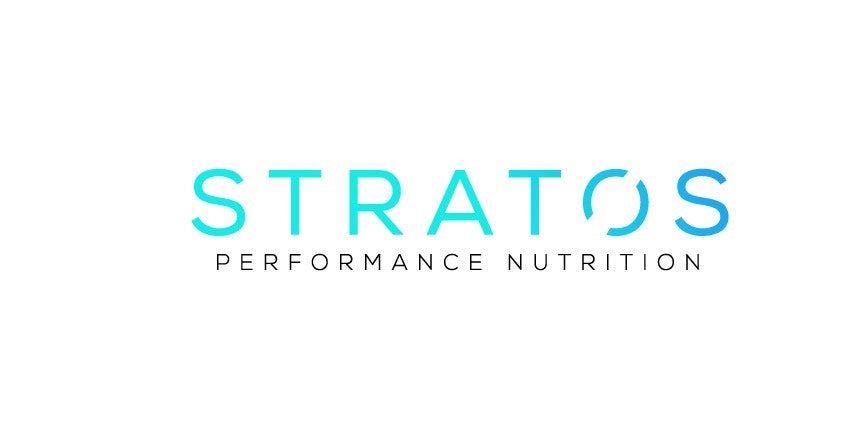
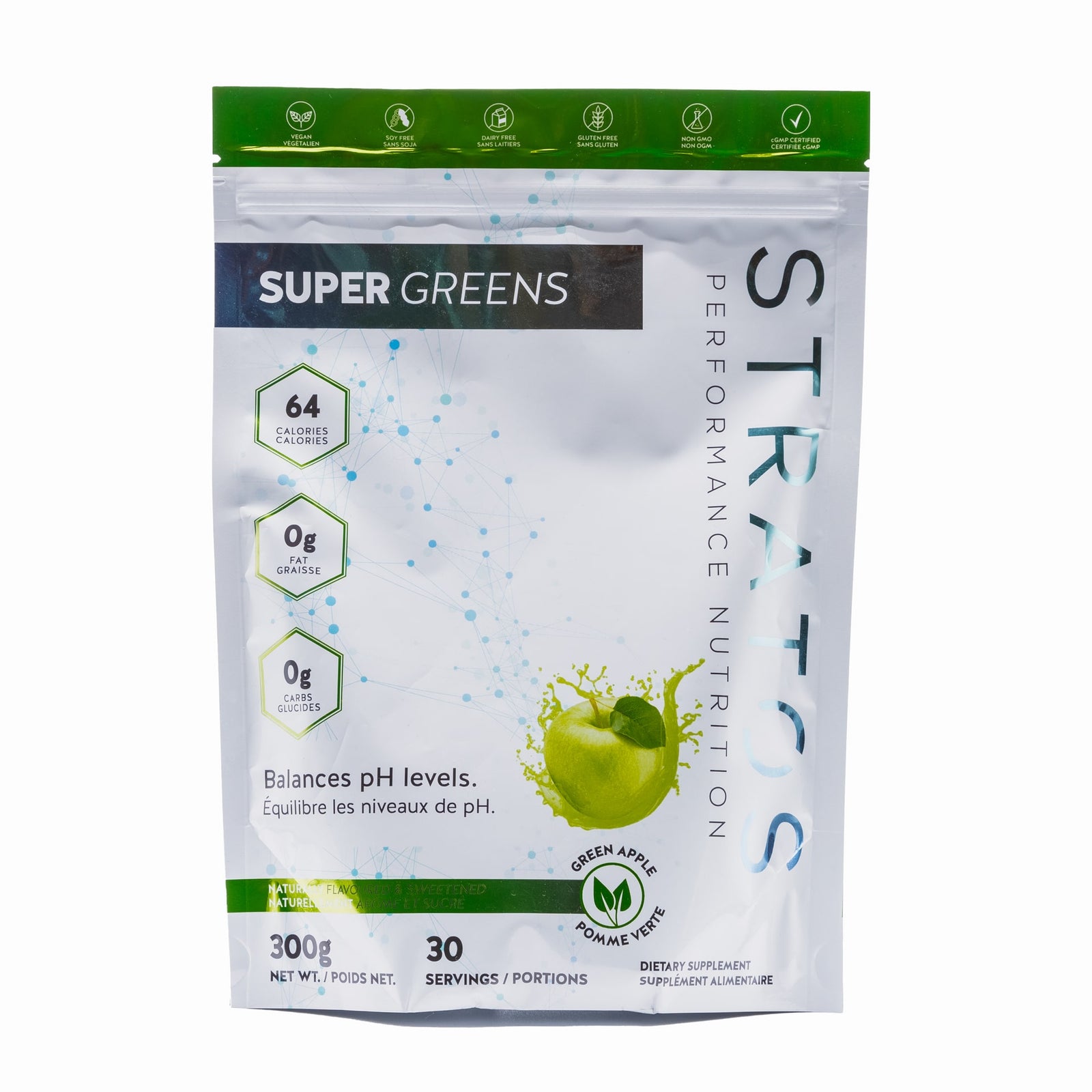
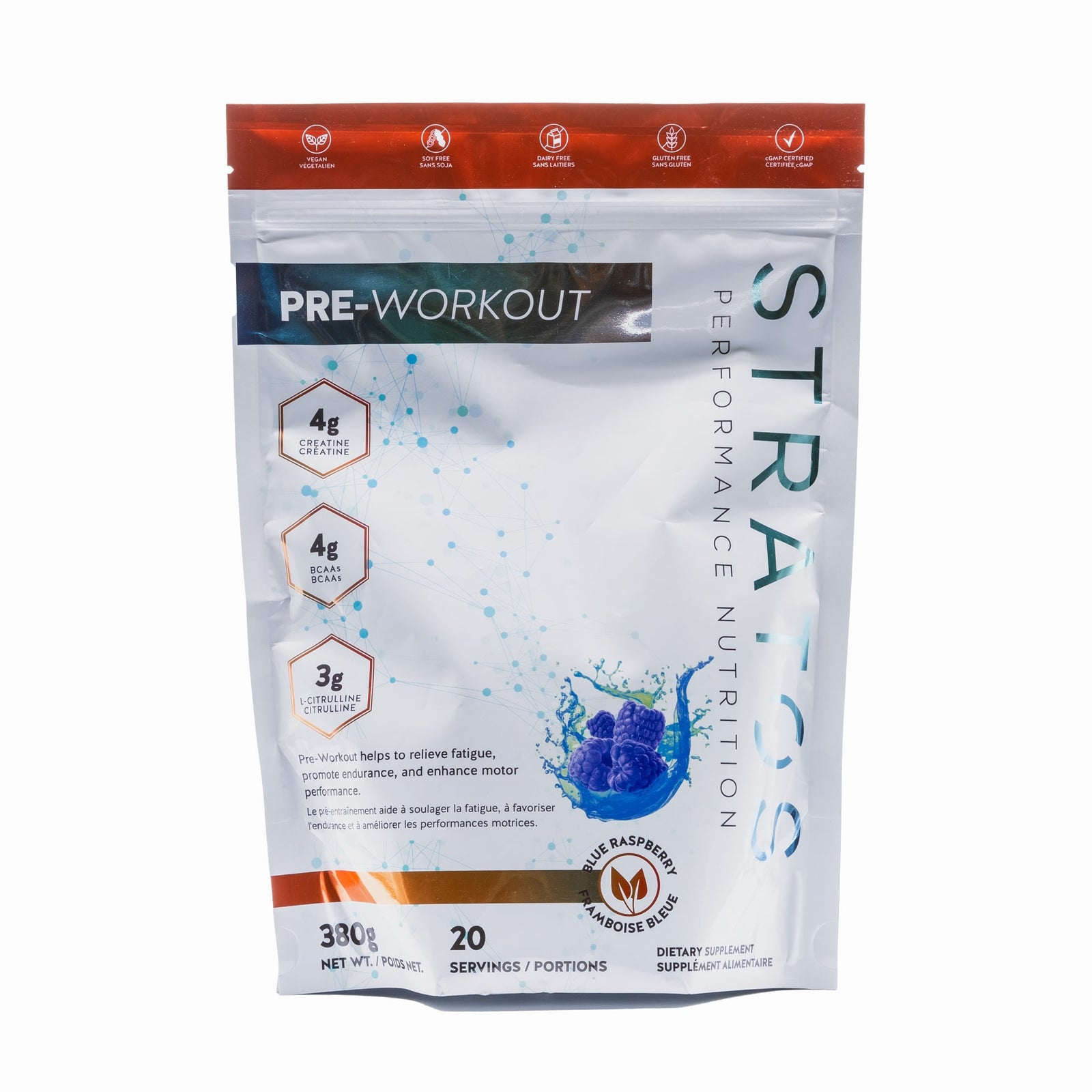
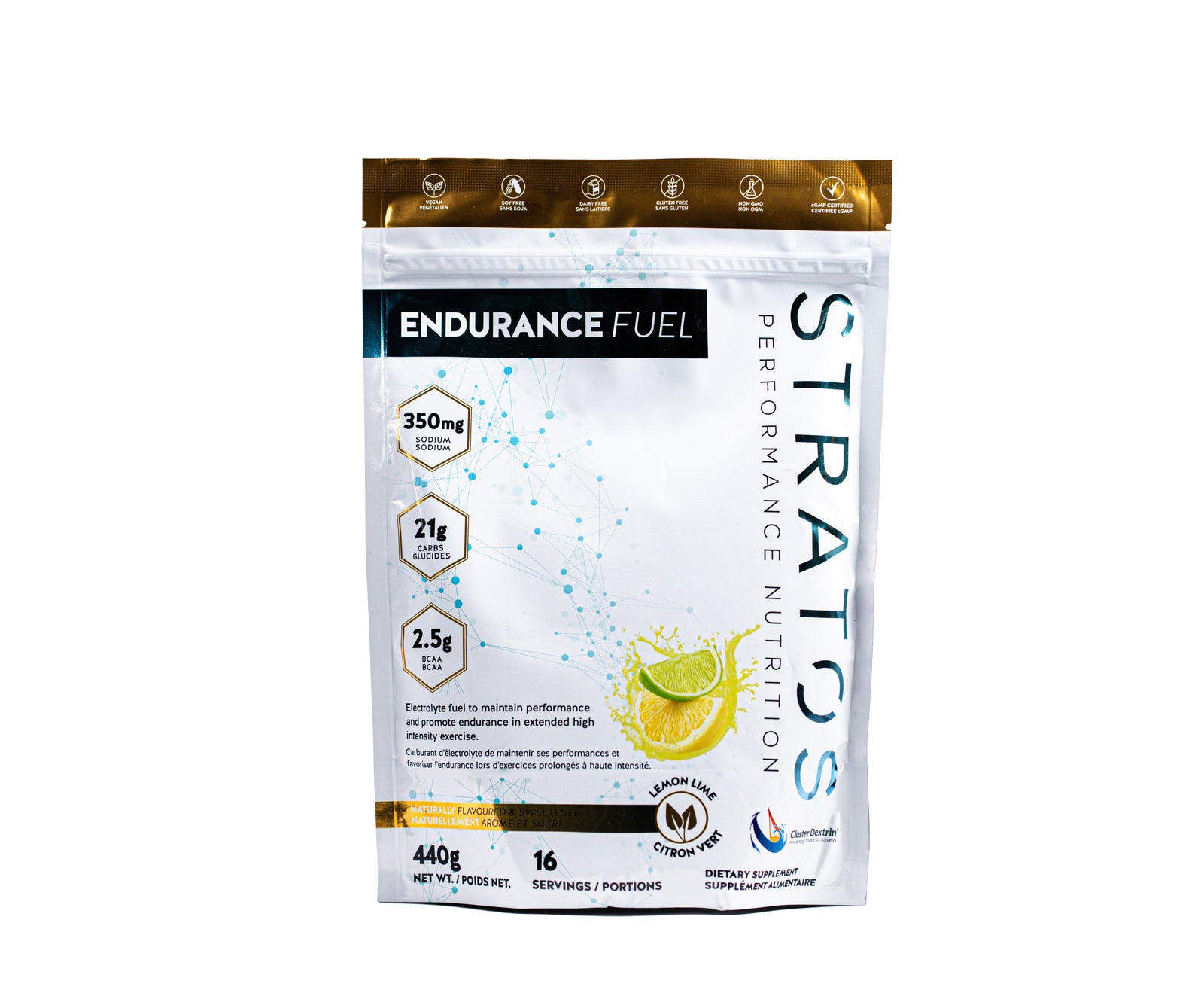
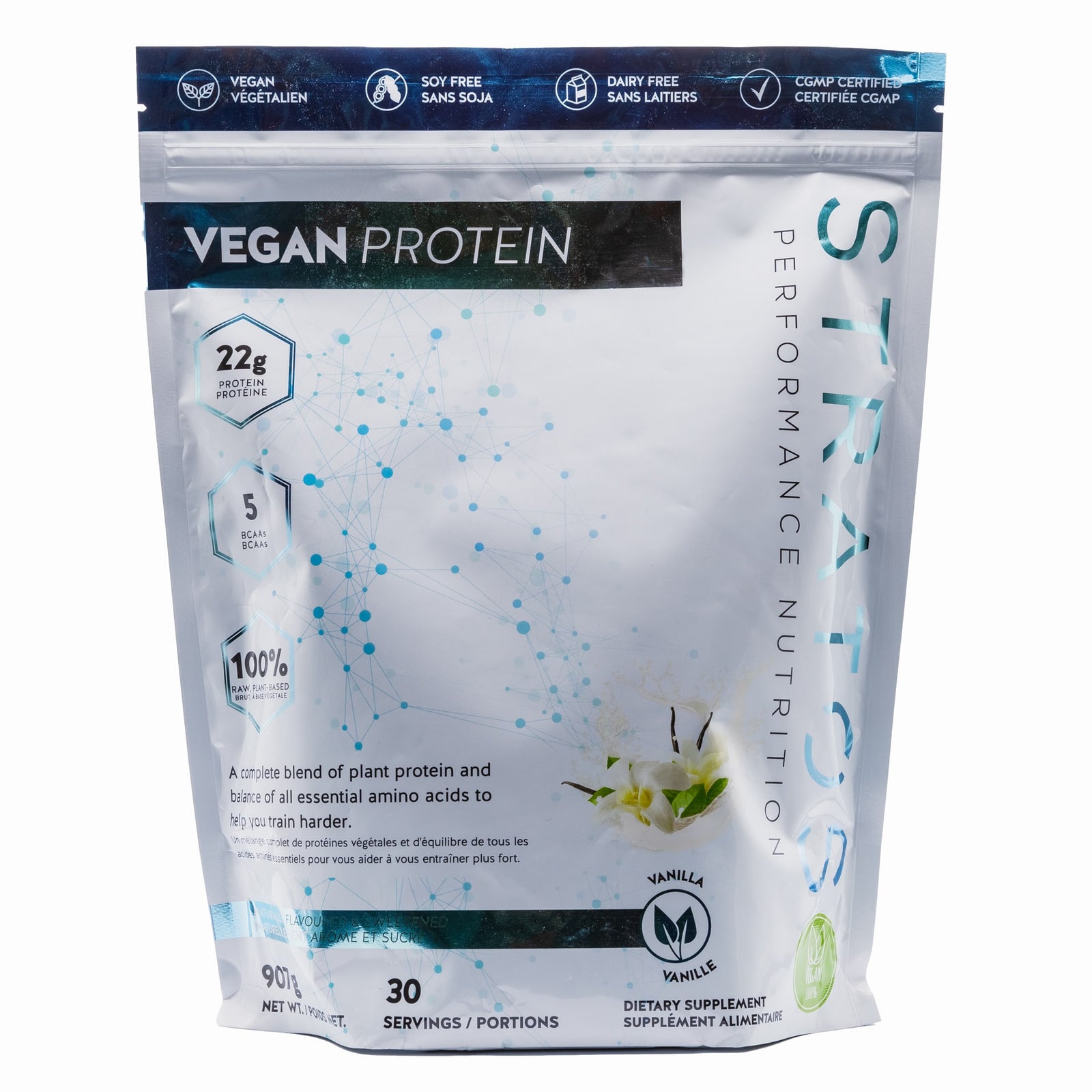

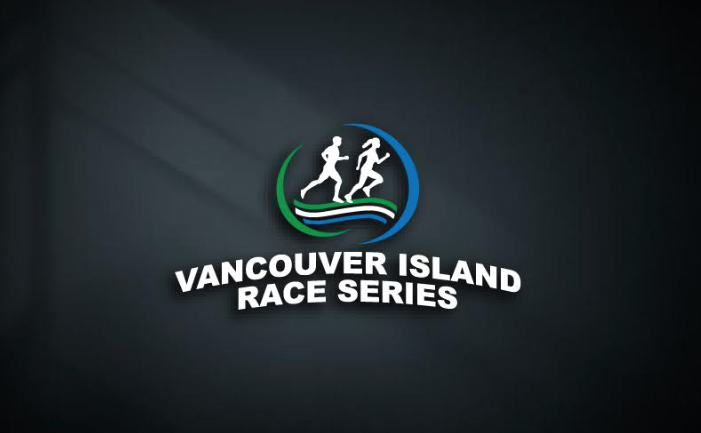

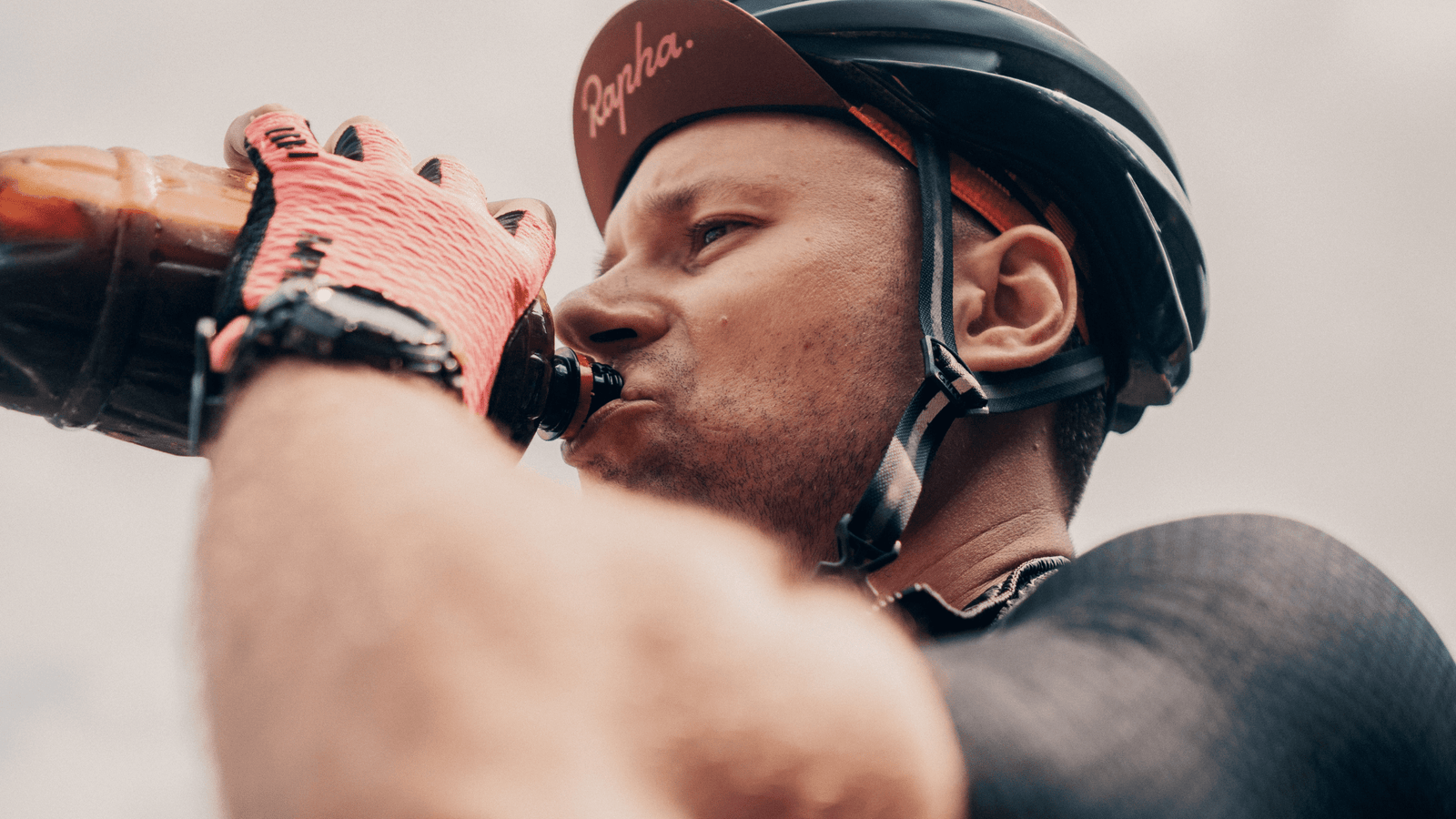
Leave a comment (all fields required)